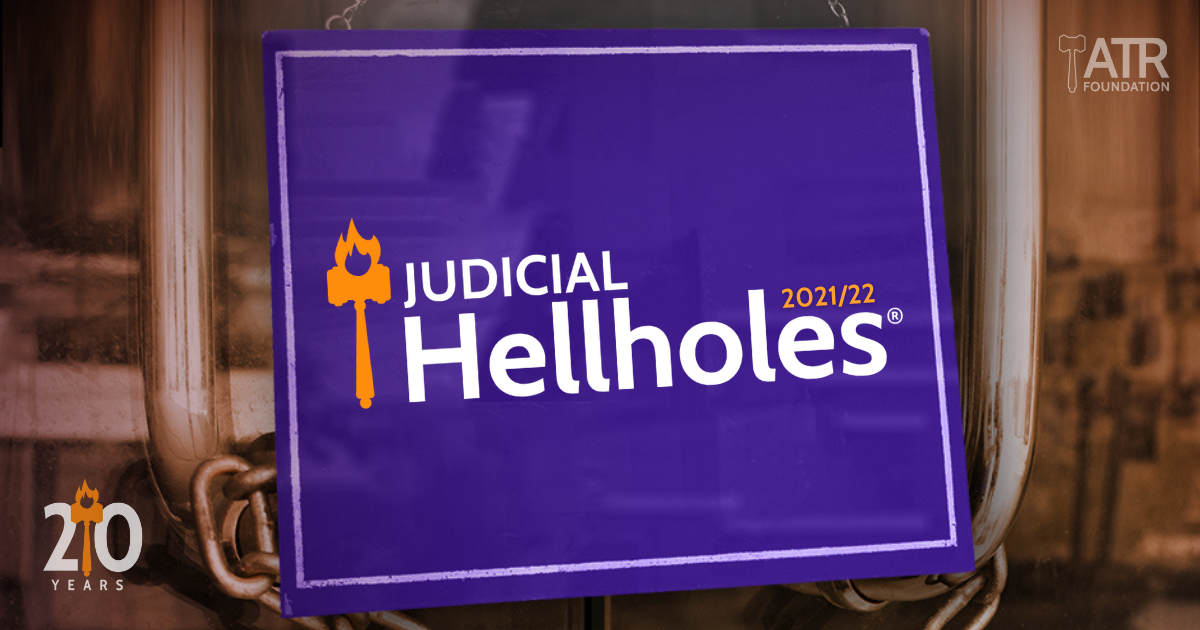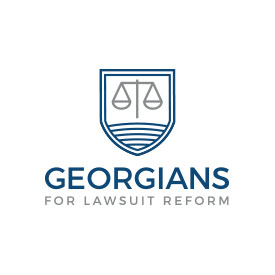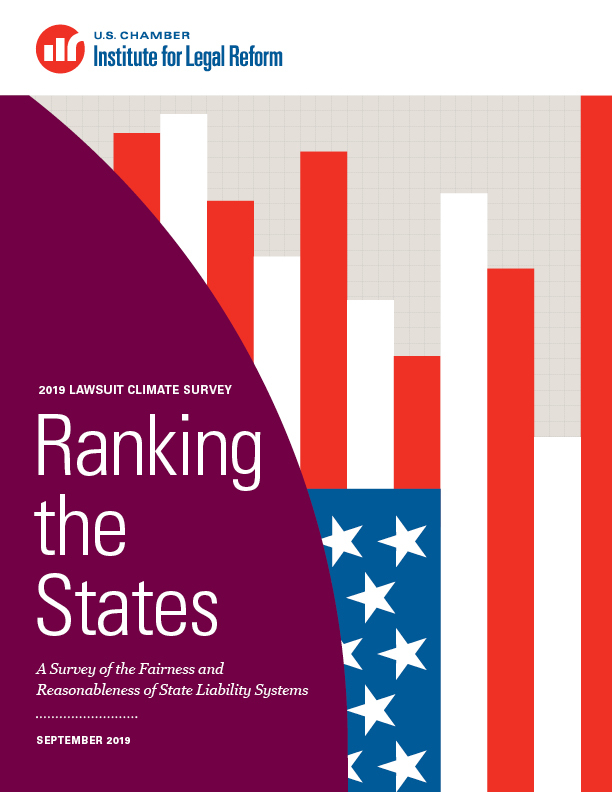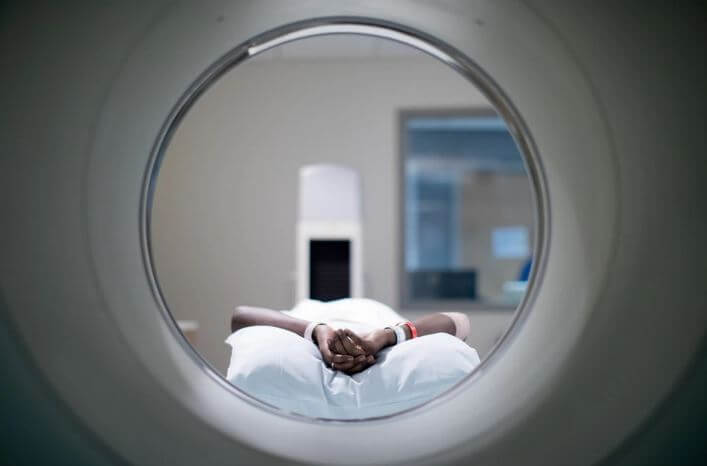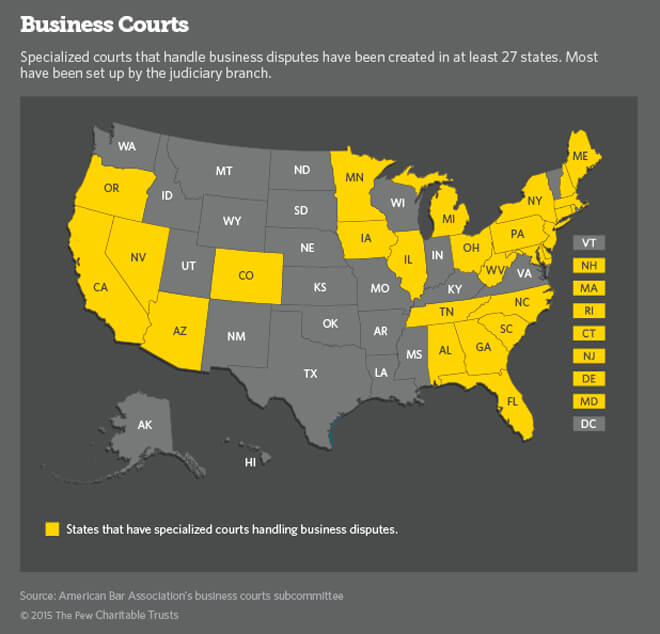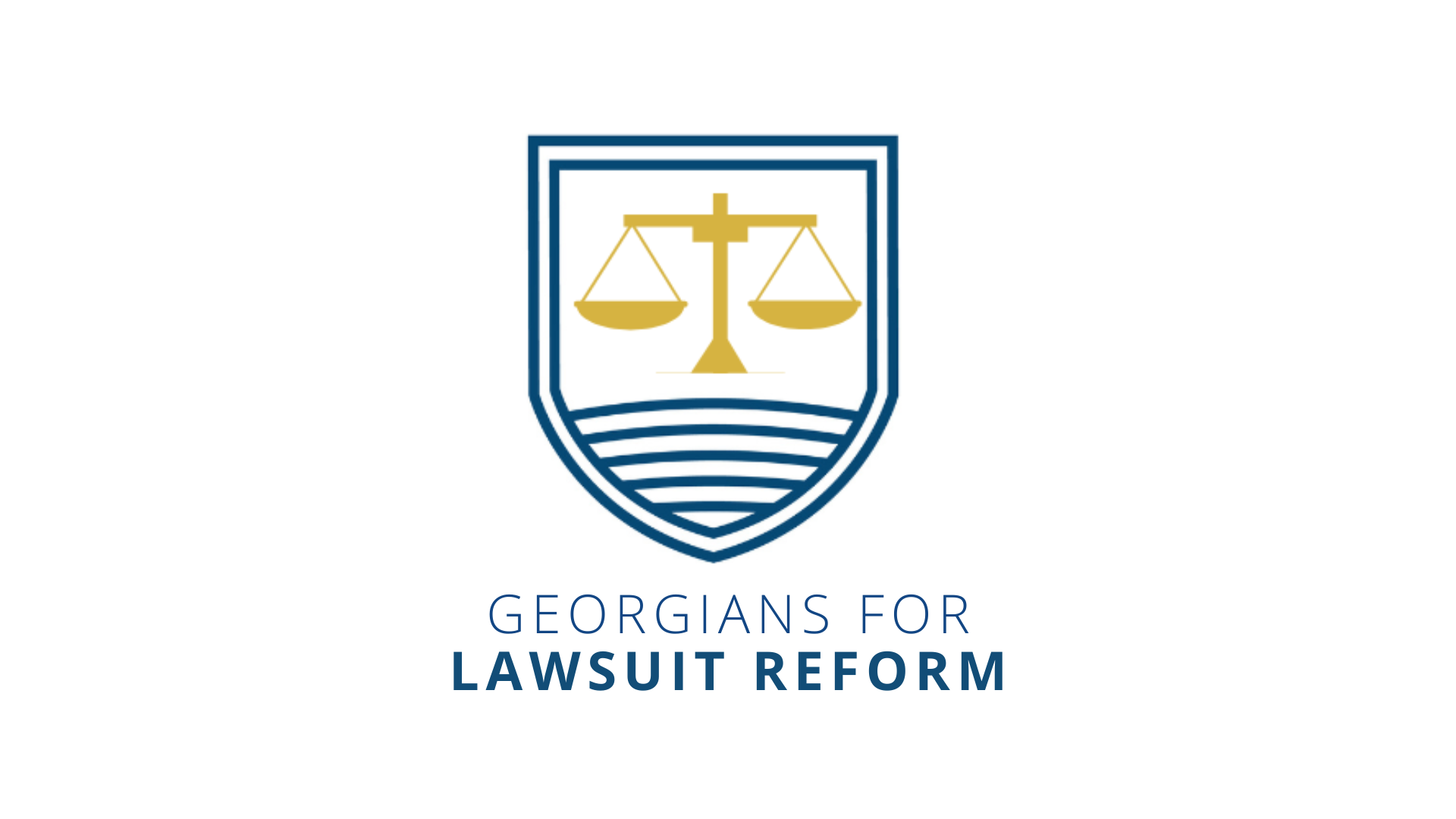
Georgia Named In Annual Judicial Hellhole Report
Judicial Hellholes Report | 2019-2020 | ATR Foundation
Conditions in the “Peach State” have rapidly deteriorated over the past few years to the point that the state has become a full-blown Judicial Hellhole for the first time. Following the Georgia Supreme Court’s lead, trial courts across the state have issued liability-expanding decisions. Outrageous nuclear verdicts have become the norm. Premises liability and medical liability are the areas that have been targeted most heavily. The legislature must take immediate action to improve the legal environment if Georgia hopes to be removed from the list anytime soon.
DRAMATIC EXPANSION OF PREMISES LIABILITY
The Georgia Supreme Court set the stage for courts across the state to expand premises liability for landowners with its landmark decision in Martin v. Six Flags Over Georgia. Here, the plaintiff was attacked by assailants at a bus stop outside of a Six Flags Over Georgia amusement park. A Georgia jury reached a $35 million dollar verdict, imposing 92% of the damages on Six Flags and just 2% to each of the four named attackers. The state high court unanimously ruled that businesses are subject to liability for harm to a customer even when it is a result of crime that occurred off of its property if criminal activity is allegedly “foreseeable.” The Court required a retrial, but only because the trial court had improperly refused to allow the jury to even consider the fault of additional individuals involved in the attack. This decision opened the floodgates to outrageous lawsuits and nuclear verdicts in premises liability cases. In 2019, for example, a DeKalb County jury awarded $81 million to a plaintiff that was shot by carjackers in a Kroger Store parking lot. Kroger was responsible for paying $69.6 million of the award (just 14% of the fault was placed on the two attackers) despite a security presence. The supermarket was located in a high-crime area and had a security guard at the store entrance, but not in the parking lot. In yet another 2019 case, a Fulton County jury awarded $43 million to a plaintiff who was shot in a CVS parking lot, where he had arranged to buy an iPad from another person. CVS was closed at the time. CVS argued that the plaintiff did not intend to purchase anything from the pharmacy and simply used the parking lot for his own convenience. The prevailing argument was CVS knew its store was in a dangerous location yet failed to provide adequate security. The Court of Appeals for Georgia also weighed in on premises liability in 2019. The court revived a trucker’s claim against a truck parts shop where the plaintiff was run over by another trucker following a robbery attempt. The trial court ruled that such an egregious attack was not foreseeable and the business could not be held liable. On appeal, however, the intermediate court reversed. Although the prior crimes involved thefts, not attacks, the appellate court found it foreseeable that someone could be hurt in the parking lot. The Court of Appeals failed to recognize what the trial court distringuished – acts of theft and property damage and physical assault are separate crimes. One type of crime occurring may not make the other crime foreseeable. Finally, a Muscogee County jury awarded $125 million against a landlord to plaintiffs who alleged that the condition of an apartment, including the lack of air conditioning, led to a tenant’s death, rather than the tenant’s poor health.
NUCLEAR VERDICTS – THE NEW NORMAL IN GEORGIA
A Georgia-based trucking company will have to pay $280 million following a 2019 Columbus, Georgia verdict. The case arose out of a tragic accident in which five people were killed after a tractor-trailer operated by a Schnitzer Southeast driver collided with their vehicle. The jury awarded an astounding $150 million for the value of the life of one passenger, $30 million for pain and suffering, plus $100 million in punitive damages and $65,000 in attorney’s fees. The jury expressed frustration over the company not apologizing for the accident; however, the plaintiffs’ attorney moved to exclude the mention of any apologies during the trial. The plaintiffs’ attorney also accused the company of putting a fatigued driver on the road; however, the driver had been on vacation for four days and the morning of the accident was his first day back at work. Finally, local nightly news coverage contained “inflammatory inaccuracies” that may have impacted the jury. Also in 2019, a Clayton County jury awarded $8 million to a motorcyclist who was injured in a highway construction site. The plaintiff fractured his wrist and ankle after hitting a barrel that had ricocheted into his path after being clipped by a dump truck turning into the construction site. These “nuclear verdicts” follow several other extraordinary awards in 2018. For example, a Clayton County jury issued a $1 billion verdict against a security company after an employee committed a sexual assault at an apartment complex. The plaintiff alleged that the company should not have hired the employee because he did not have a license to be an armed security guard. More deep-pocket jurisprudence is expected, as litigants begin to feel the effects of a 2018 Georgia Supreme Court decision that allows plaintiffs’ lawyers to introduce highly prejudicial evidence of a defendant’s wealth, which was previously considered off limits. In that case, plaintiffs’ lawyers presented the compensation, stock options, and other information about an automaker’s CEO’s personal assets. The jury considered this information when deciding compensatory damages in a tragic case involving a child killed by a reckless driver in a high-speed rear
end collision. The result was a $150 million verdict—the largest wrongful death award in the state’s history. The trial court reduced the award to $40 million, which Georgia’s appellate court affirmed. By issuing this decision, the Georgia Supreme Court eliminated an outright prohibition on introduction of wealth evidence, and replaced it with an open-ended balancing test.
MEDICAL LIABILITY PAYOUTS ON THE RISE
In 2005, the Georgia Legislature enacted reasonable limits on noneconomic damages in medical liability cases. S.B. 3 (2005) limited noneconomic damages awards, also known as “pain and suffering” awards, to $350,000 per healthcare provider with an overall aggregate limit of $1.05 million. The purpose of this bill was to “avoid a diminution in the access of healthcare services, which diminution would adversely impact the health and well-being of the citizens of the state.” Unfortunately, the Georgia Supreme Court struck down the statute on constitutional grounds in 2010. In doing so, the Court became an outlier, as a majority of courts, both state and federal, have found these statutory limits to be constitutional. Since the Court’s 2010 decision, medical liability payouts in Georgia have been on a steady rise, reaching new shocking highs in recent years. For example, a patient was awarded $18 million in a medical liability suit alleging her doctor failed to timely diagnose and treat a spinal infection that ultimately caused the patient to become a paraplegic. This is the largest medical malpractice verdict in the history of the Chatham County court. The doctor argued that she complied with the standard of care and medical experts testified that the paralysis was a result of a stroke that stemmed from the patient’s known infection. Next, a DeKalb County jury awarded $12 million to a child who was born with birth defects and her family after her mother continued to take blood pressure medication while pregnant. Despite notes from her doctor recommending that she discontinue the use of the medication and prescription warnings of danger during pregnancy, claims against her OB/GYN were still permitted to go before a jury and he was found liable for over $6 million. Another family was awarded $31 million in a suit alleging a hospital negligently handled an infant’s circumcision. This award is believed to be the largest in the country in a case of this kind.
HIGH COURT REFUSES TO REVIEW TROUBLESOME SANCTIONS
In November 2019, the Georgia Supreme Court denied a petition for certiari in a case about whether a trial court’s imposition of “death penalty” sanctions (which strip a party of all its defenses) was extreme and exceeded its authority. The trial court issued these sanctions after veering away from relevant issues to the claim and traveling waywardly down a rabbit hole instead, prohibiting the case from being tried on the merits and eliminating the defendant’s access to justice. The sanctions did not actually address the mundane conduct at issue, which was an expert’s improper testimony. The sanctions treated as established that the automaker knew of the danger and sold the trucks with a willful and reckless disregard for life, and that the defect caused the plaintiff’s deaths. The Georgia Court of Appealsrefused to review the sanctions immediately, forcing Ford to sit through a damages-only trial and then appeal the order once a final verdict has been rendered.
IMPORTANT CASES TO WATCH IN 2020
The Georgia Supreme Court is poised to rule in a case that will have vast implications for many Georgia businesses. After hearing oral arguments in August 2019, the Court is deciding whether a person whose information was stolen by a criminal must suffer actual financial loss to obtain a cash award or whether the threat of future harm is enough to obtain damages. In the spring of 2016, Athens Orthopedic Clinic refused to pay ransom to a hacker that obtained the personal information of 200,000 patients. The lawsuit alleges that the clinic is responsible for the data breach and seeks damages for what the patients have paid and will pay for credit monitoring, identity theft protection, and placing freezes on their accounts. The Georgia Court of Appeals ruled that because there is no actual financial loss or harm, the plaintiffs are not entitled to recover damages for potential or future injuries. The Georgia Supreme Court also is considering whether to review another important case that could either further solidify the state’s position on the Judicial Hellholes list or represent the first steps toward improving the state’s legal climate. On March 6, 2019, the Georgia Court of Appeals affirmed certification of a class action against SunTrust Bank that alleged as many as 400,000 customers were charged excessive overdraft fees. Customer contracts included a class action waiver as well as an agreement to have a judge decide the case, rather than a jury. The Court of Appeals found that these provisions were unenforceable. These types of provisions have gained wide acceptance across the country in a range of contractual settings because they allow disputes to be resolved in far less time and with less expense. The Georgia Supreme Court has the opportunity to bring the state closer to the mainstream.
END NOTES
Trial lawyers are gearing up to challenge the constitutionality of the state’s $250,000 limit on punitive damages. A Cobb County jury awarded a plaintiff $5 million plus $50 million in punitive damages, which under the statute would be reduced to $250,000. The plaintiff’s lawyer, Naveen Ramachandrappa, has stated that once the judge enters a final judgment, “We’re going to ask the court to hold that the punitive damage cap cannot be constitutionally sound, because, under the Georgia Constitution, the issue of punitive damages is one for the jury to decide, not the Legislature.”
Read the full 2019-2020 ATR Foundation Judicial Hellholes Report here.




